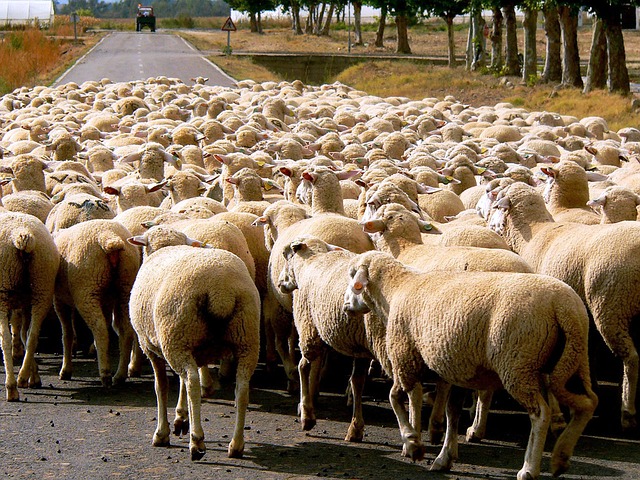Expressions of quantity – singular or plural? – advanced

There is a group of expressions of quantity that can be singular or plural depending on the prepositional phrase that follows. These words are: plenty, lots, a lot, all, some, most, a great deal, none, (fractions) and (percentages.) If the noun in the prepositional phrase is a countable word that is plural, then the expression of quantity is plural and the verb is also plural. If the noun in the prepositional phrase is an uncountable word, which cannot be made plural, then the expression of quantity is singular and the verb is also singular. Look at these examples:
Plenty of
Plenty of patience is required for this job..
(‘patience‘ is uncountable, which makes plenty singular, so the verb is singular.)
Plenty of spare parts are kept in the garage.
(‘spare parts‘ is countable, which makes plenty plural, so the verb is plural.)
Plenty of the food I have eaten was unhealthy.
(‘food’ is uncountable, which makes plenty singular, so the verb is singular.)
Plenty of my friends know it’s my birthday.
(‘friends’ is countable, which makes plenty plural, so the verb is plural.)
(WRONG: Plenty food …)
Lots of / A lot of
Lots (A lot) of money changes hands at a market. (‘money’ is uncountable.)
Lots (A lot) of people change their minds. (‘people’ is countable.)
Lots (A lot) of the information we received was too late. (‘information is uncountable.)
Lots (A lot) of his jokes were not very funny. (‘jokes’ is countable.)
(WRONG: Lots food, A lot food …)
All
All mammals produce milk . (‘mammals’ is countable.)
All of the work needs to be redone. (‘work’ is uncountable.)
All of our answers were right. (‘answers’ is countable)
(WRONG: All of work …)
Some
Some students have exams next week. (‘students’ is countable.)
Some of the time passes quickly. (‘time’ is uncountable.)
Some of the police cars were parked in the driveway. (‘police cars’ is countable.)
(WRONG: Some of vehicles …)
Most
Most people in Europe speak more than one language. (‘people’ is countable.)
Most of his advice is very good. (‘advice’ is uncountable.)
Most of the students I know have smart phones. (‘students’ is countable.)
(WRONG: Most of people …)
A great deal of
A great deal of energy gets lost in exercise. (‘energy’ is uncountable.)
A great deal of hikers get lost in the mountains. (‘hikers’ is countable.)
A great deal of our time was spent fishing. (‘time’ is uncountable.)
A great deal of the products we use come from Asia. (‘products’ is countable.)
None of
None of the advice is good. (‘advice’ is uncountable.)
None of his solutions seem to work. (‘solutions’ is countable.)
(NOTE: In British English, “none” is considered singular no matter what follows.)
(WRONG: None advice …) (but “No advice” is correct)
(WRONG: None of advice …)
Fractions and percentages have the same grammar:
Two thirds of the test was based on the textbook. (‘test’ is singular.)
Three quarters of the students were prepared for the test. (‘students’ is plural.)
Sixty percent of the land is desert. (‘land’ is singular.)
Eighty percent of the towns are located along the coast. (‘towns’ is plural.)
A way to remember these words is to remember PLASMAN. This is what the first letters of all these words spell. P= plenty, L= lots/ a lot, A= all, S= some, M= most, A= a great deal, N= none
Your Score:
Your Ranking:
© 2013 Ambien Malecot